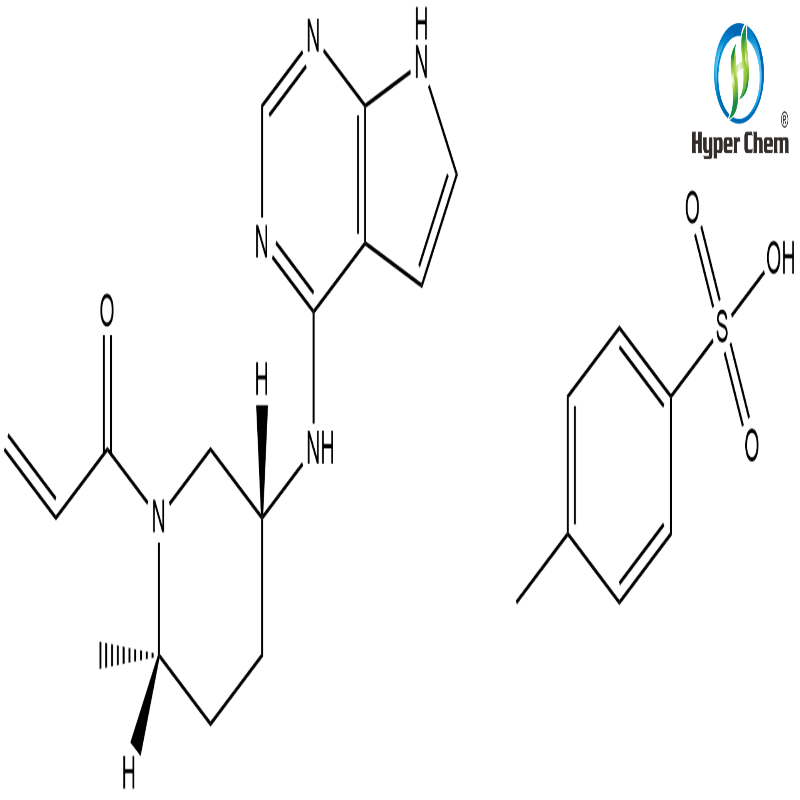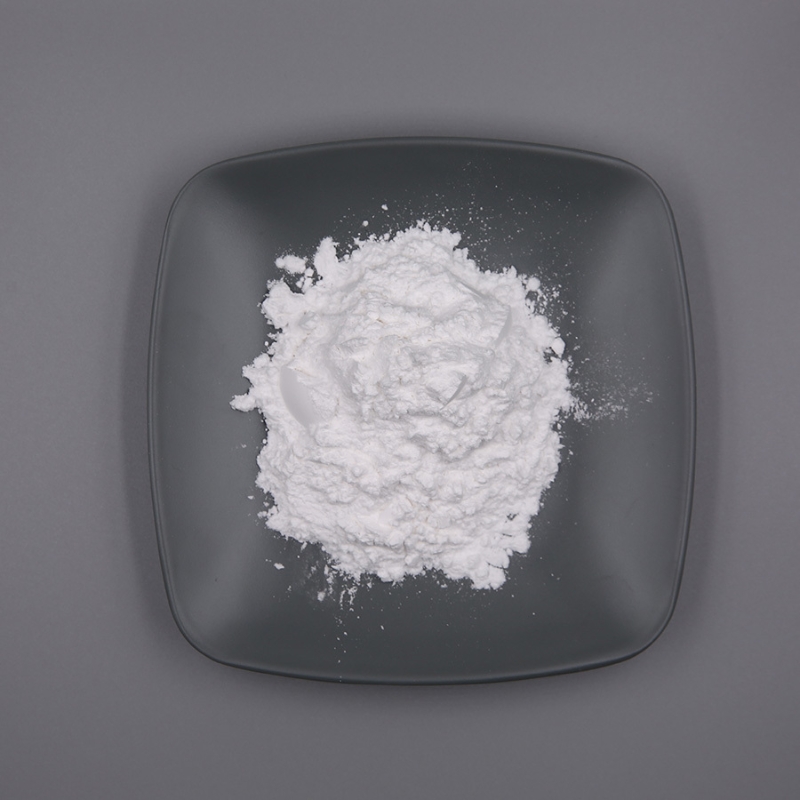-
Categories
-
Pharmaceutical Intermediates
-
Active Pharmaceutical Ingredients
-
Food Additives
- Industrial Coatings
- Agrochemicals
- Dyes and Pigments
- Surfactant
- Flavors and Fragrances
- Chemical Reagents
- Catalyst and Auxiliary
- Natural Products
- Inorganic Chemistry
-
Organic Chemistry
-
Biochemical Engineering
- Analytical Chemistry
-
Cosmetic Ingredient
- Water Treatment Chemical
-
Pharmaceutical Intermediates
Promotion
ECHEMI Mall
Wholesale
Weekly Price
Exhibition
News
-
Trade Service
Inhibition of inflammation is a potential mechanism for dietary regulation to prevent the onset of inflammatory bowel disease.
recently analyzed data from three large prospective cohorts to determine the effects of underlying inflammatory factors in the diet on crohn's disease (CD) and ulcerative colitis (UC) risk.
researchers collected data from the Nurses' Health Study (1984-2014), Nurses' Health Research II (1991-2015) and the Health Professional Follow-up Study (1986-2012), which included 166,903 women and 41,931 male participants.
calculated the Experienced Dietary Inflammation Pattern (EDIP) score based on a weighted total score of 18 food groups obtained from the Food Frequency Questionnaire. potential inflammatory factors in the
diet are defined as dietary patterns that can lead to an increase in three plasma inflammatory biomarkers, including leuriatin-6, C-reactive protein, and tumor necrosis factor-α-subject 2 (tumor necrosis factor-alphaR2), where foods that lead to increased EDIP scores include processed meat (e.g. hot dogs, pyrethres) Roots), red meat, animal liver, some marine products (canned tuna, shrimp, fish wrapped in breadcrumbs or lobster), etc., foods that can reduce EDIP ratings include light beer, red wine, tea, coffee, yellow vegetables (pumpkin, sweet potato, carrots), green vegetables (spinach, cabbage, lettuce) and fruit juice.
328 CD and 428 UC patients were followed up in 4949938.
age at which IBD is diagnosed is 55.
the highest quarter (the highest risk of dietary inflammation) had a 51 percent higher risk of CD (HR: 1.51) than the participants with the lowest cumulative average EDIP score.
those with consistently low EDIP scores (2 points in time, 8 years apart) had a higher risk of inflammation (HR:2.05) or those who continued to eat an inflammatory diet (HR:1.77).
risk of inflammation in the diet was not associated with UC occurrence.
study found that a diet with a high inflammatory risk increased participants' risk of Crohn's disease, but was not associated with a risk of ulcerative colitis.
.







